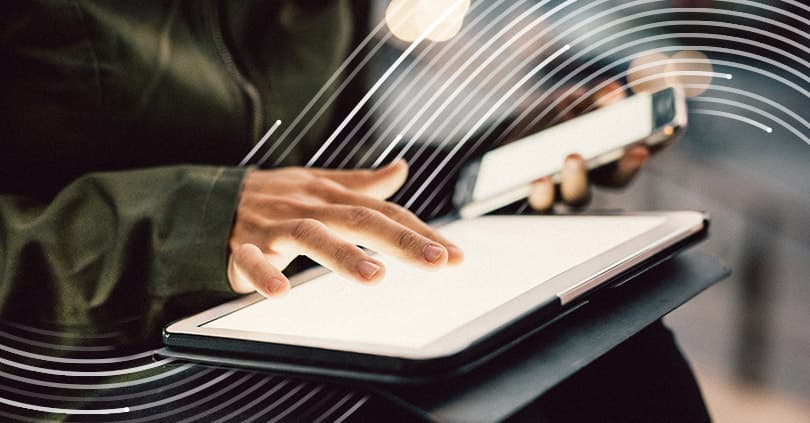- Home
- Blog
- Personal Finance
- How to Build Your Emergency Fund
How to Build Your Emergency Fund
Right now, a lot of us are experiencing the exact situation that emergency funds are made for. And some wonder: is it too late to build mine?
2020年3月26日 — 5 min read

Earlier this week, when we discussed budgeting in the face of COVID-19 and other emergency situations, we touched on the topic of emergency funds. An emergency fund is exactly what its name indicates - it’s a stash of savings that you’ve reserved for unexpected financial challenges. You might dip into yours in the event of:
Job loss
Medical emergencies
Home or car repairs
Unexpected travel
Within the past few weeks, the importance of emergency funds has been clearly illustrated, and many people have been wondering how they can still build theirs out. Here’s our advice for you.
If you don’t have an emergency fund...
...now is the perfect time to start building one. Under normal circumstances, here’s what we’d recommend:
Look at your current budget. Figure out how much you’re making, and calculate all of your normal expenses such as rent, bills, and how much you tend to spend on fun non-essentials.
Calculate what you can save. If you have quite a bit of money left over after expenses at the end of each month, you can set your own goal for how much you’d like to shift to savings. If your budget is limited, calculate how much you could feasibly contribute to a savings account each month.
Put your money into a separate account. If your employer pays through direct deposit, set up an automatic deposit to your emergency savings account. Otherwise, deposit it yourself, and hold yourself accountable. You can withdraw if you need to, but don’t skimp on your savings.
Regularly assess your savings plan. Your saving plan shouldn’t stay the same forever. Every so often, take some time to review. You should reassess your budget and plans any time your financial situation changes, as well as a regular review at least once per year.
However, we recognize that now is not a normal circumstance! In our current situation, here’s what you can do to get your emergency fund started ASAP:
See what expenses you can cut. Normally, experts recommend canceling Netflix or other streaming services, but we understand if that’s not doable right now! Instead, take a look at reducing gym memberships or shopping expenses, and take a look at your fixed costs if you need to.
Sell a few things. If you have some nice pieces in the back of your closet that you rarely wear, or a few video games that you don’t play anymore, selling those online could help you get a little extra money.
Can you find additional income? We understand that this is a difficult time to find employment, even more so than usual. However, if you are really hurting from a lack of income right now, look into essential businesses that need more workers or look for remote work. That said, don’t forget to keep your health and safety a priority.
If you have a 401(k) or another type of retirement fund, you might be tempted to dip into that, especially if you’re far from retirement age. Is that a good idea?
If you really have no other options, then yes, you can take money from that fund. If you do choose to do this, only take out as much as you need, and make a plan for how you’ll eventually replace it. If you have a 401(k), it’ll probably be a better idea to borrow instead of withdrawing outright. Borrowing will let you avoid the income tax and 10% penalty that come with withdrawing, and it will also keep you accountable for paying it back (typically within 5 years). That said, if you have other options, try them first!
Ultimately? Anything is better than nothing. Don’t think that you need to have an elaborate plan or a large nest egg for your emergency fund. Every fund starts somewhere, and the sooner you start, the sooner yours can start growing.
If you already have an emergency fund...
...and you don’t need to dip into it just yet, take advantage of this time to continue to build yours. If you’ve been able to cut your expenses during those long days at home, take what you would have spent on non-essentials and add it to your rainy day fund. This situation has offered a lot of us a very close look at what can happen to our lives and finances. If you’re managing to get by now, let’s make sure that you’ll still be fine next time.
If you do need to use your emergency fund? Don’t make yourself feel guilty. This is why you created the fund, after all. Take a deep breath, figure out what you’ll need, and let your emergency fund help you through this.
It’s a tough time right now, and many people feel like there’s no end in sight. But this current situation isn’t going to last forever. We can’t control the world’s future, but we can plan ahead for ourselves (along with a bonus backup plan) to help ourselves face future obstacles.